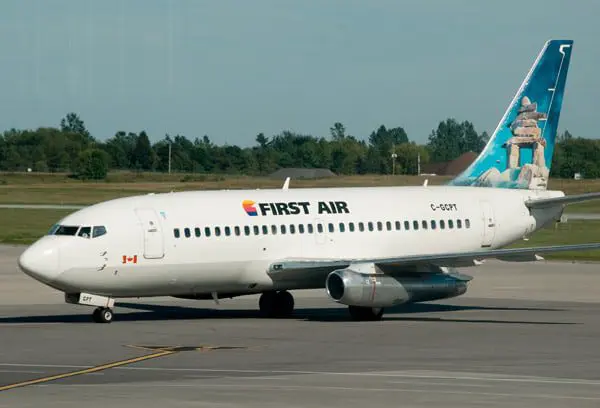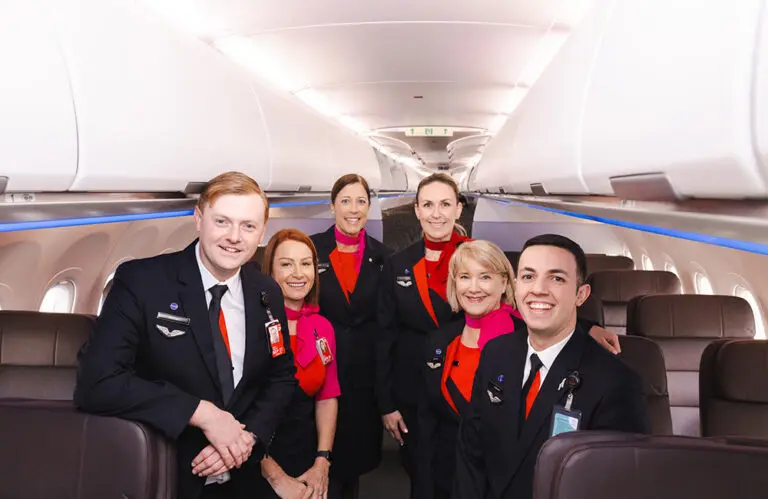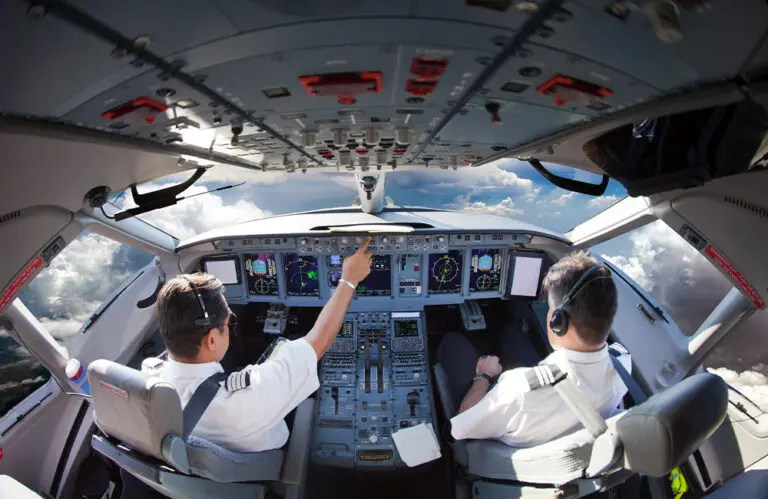If you’re up-to-date with Malaysia Airlines’ MH370 search then you know that aside from locating passengers, finding the black box is one of the most important parts of air crash investigations.
For anyone who doesn’t know – the black box records any sound in the cockpit, including pilot conversations.
The information is stored in the box and when recovered content is reviewed by investigators as a testimony in times of conflict or in this case to determine what may have gone wrong in the minutes before a plane went down.
Currently, the majority of airlines don’t have streaming capabilities on their black boxes – so the information can’t be accessed until it is recovered.
One airline, First Air, has gone against the norm and has installed technology that send black box data to ground in real-time.
Created by Calgay tech company, FLYHT Aerospace Solutions, the technology has been around for about five years, CBC News reported.
“First Air was the first to say, ‘We want the whole deal because our crews and our passengers fly in a very difficult part of the world.'”
Matt Bradley, president of FLYHT Aerospace Solutions
So why aren’t other airlines using it?
Mr Bradley suggests it could be because the service is quite expensive to have onboard.
It cost First Air about $1.8 million to install the system in its 18 aircraft.
In addition to the installation, the airline pays an additional $100 a month per plane or $22,000 a year to use the data-streaming system.
“It’s not a revenue driver. It doesn’t make the airline money like a business class seat or an extra baggage fee. It costs money.”
Matt Bradley, president of FLYHT Aerospace Solutions







